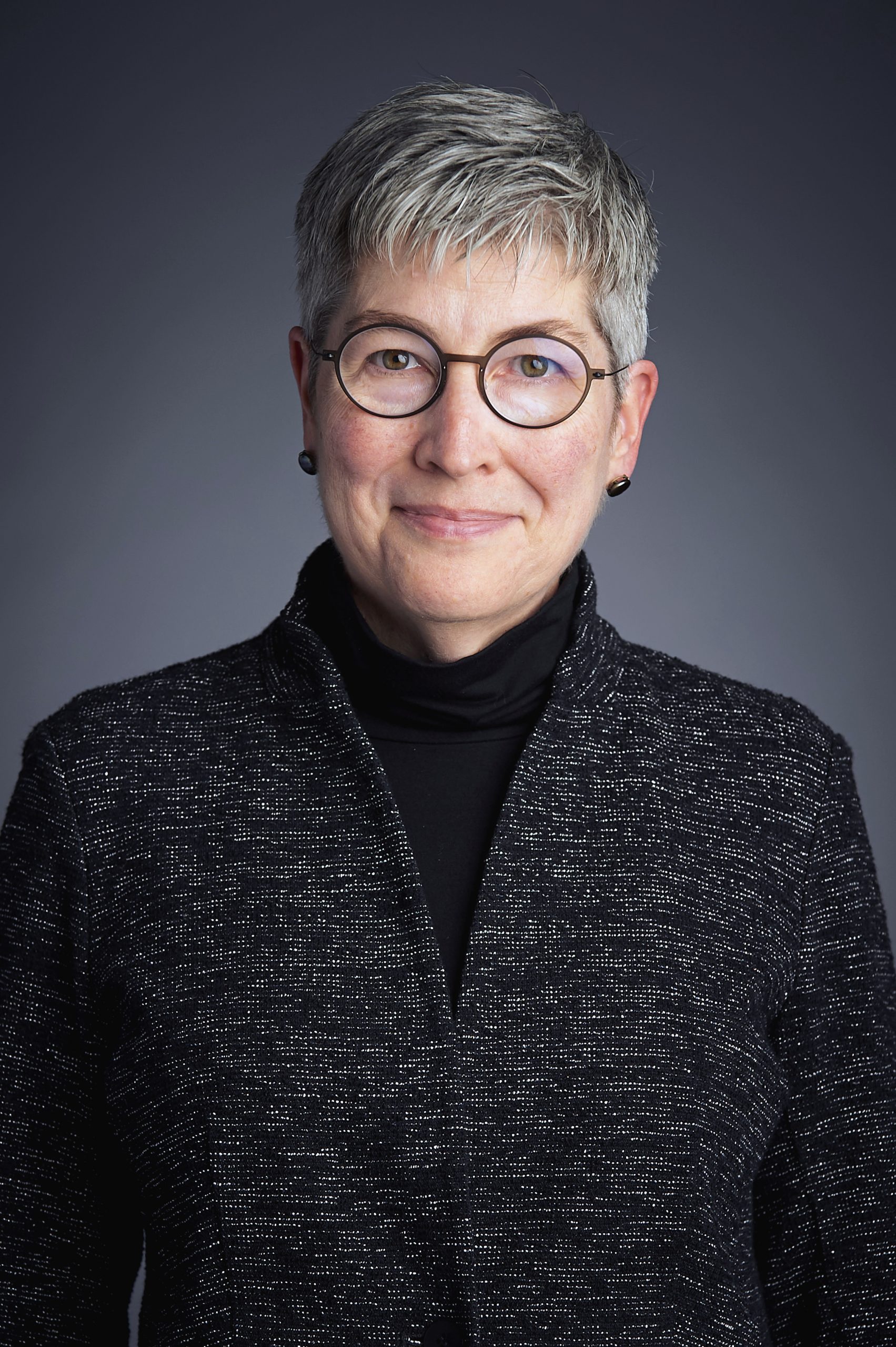
- This event has passed.
MSE Grace Hopper Lecture: “Artificial Intelligence for Generating Materials Science Knowledge”
January 16, 2020 at 10:45 AM - 11:45 AM
The process of scientific inquiry involves observing a signal (data) and interpreting it to generate information (knowledge). For example, in electron microscopy the signal may be a diffraction pattern from which information on crystal orientation may be deduced by applying diffraction theory. Science advances both through improvements in gathering data and in techniques for extracting knowledge from it. Artificial intelligence (AI) – a broad term comprising data science, machine learning (ML), neural network computing, computer vision, and other technologies – opens new avenues for extracting information from high-dimensional materials data. In that sense, AI offers the possibility to advance materials science in the same way as a new imaging modality or a new theoretical model. The applications of AI in materials science cut a broad swath, from large, labelled data sets the fit naturally in the Big Data paradigm to small, sparse, multimodal data sets that test the limits of cutting-edge AI.
This presentation will focus on AI applications in the context of image-based data, including both visual features and composition, processing, or properties metadata. Computer vision (CV) representations are developed to numerically encode the visual information contained in images. ML tools are then selected based on the characteristics of the data set and the desired outcome. For example, a large, homogeneous data set of steel inclusions is best suited to a Deep Learning approach involving a purpose-built convolutional neural network. In contrast, a random-forest method can find significant trends in a small, multi-modal data set that includes microstructural, crystallographic, and micromechanical data. Complex image segmentation leverages a convolution neural network that has been trained using images very different from those it is applied to. These case studies will motivate a discussion of AI method selection based on data set characteristics and desired outcomes. The ultimate goal is to develop AI as a new tool for information extraction and knowledge generation in materials science.

Elizabeth Holm
Professor of Materials Science and Engineering, Carnegie Melon University
Elizabeth A. Holm is a Professor of Materials Science and Engineering at Carnegie Mellon University. Prior to joining CMU in 2012, she spent 20 years as a computational materials scientist at Sandia National Laboratories. Her research areas include the theory and modeling of microstructural evolution, the physical and mechanical response of microstructures, atomic-scale properties of internal interfaces, and the intersection between computer science and materials science. Dr. Holm obtained her B.S.E in Materials Science and Engineering from the University of Michigan, S.M in Ceramics from MIT, and dual Ph.D. in Materials Science and Engineering and Scientific Computing from the University of Michigan. Active in professional societies, Dr. Holm has received several honors and awards, is a Fellow of ASM International and the Minerals, Metals, and Materials Society (TMS), 2013 President of TMS, an organizer of numerous international conferences, and has been a member of the National Materials Advisory Board. Dr. Holm has authored or co-authored over 150 publications.
